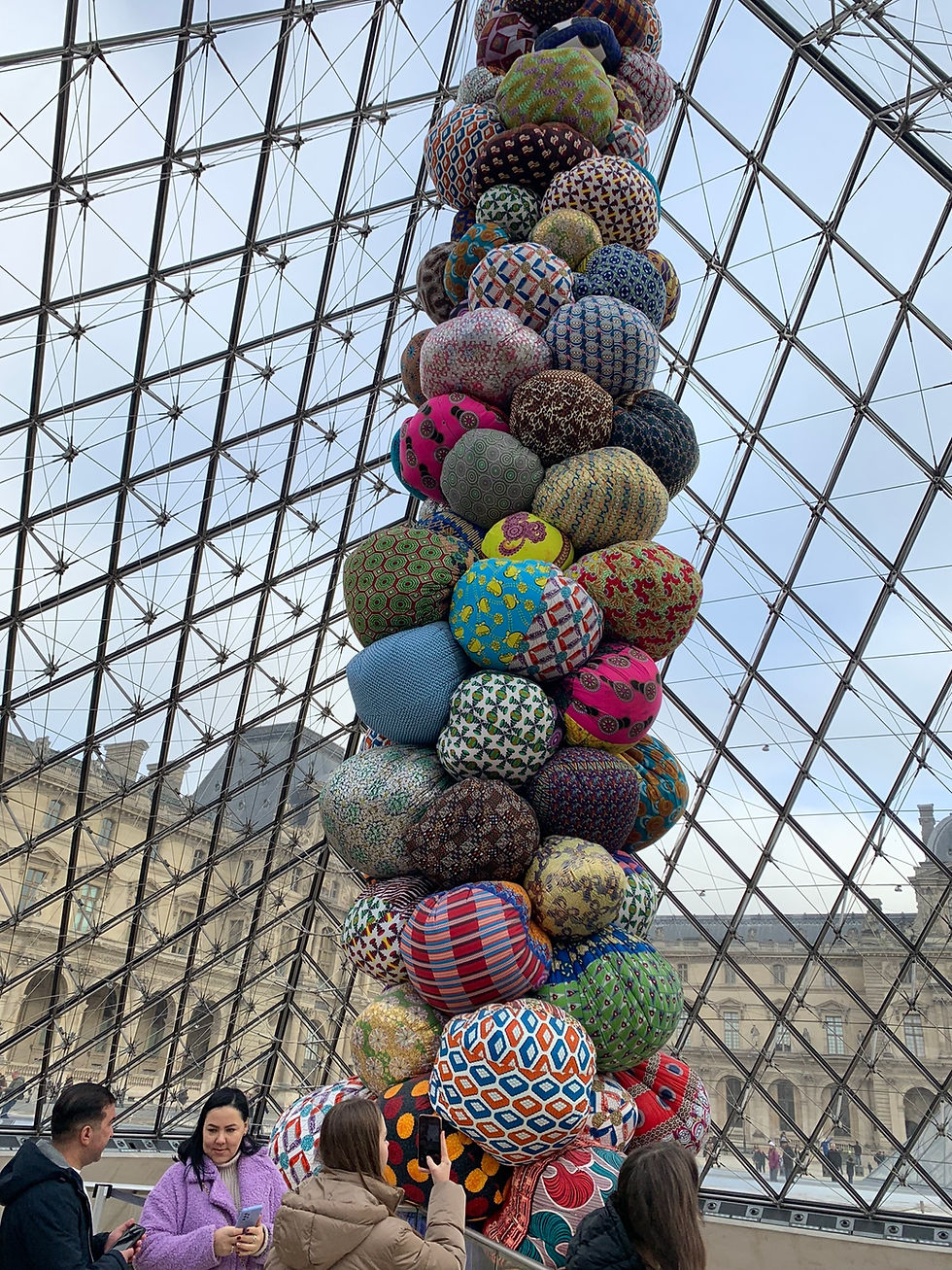Happy New Year
- leon gork tour guide

- Sep 4, 2021
- 2 min read
The History of Prayer
God is attentive to the prayers of the weak and downcast, especially on Rosh Hashana and Yom Kippur, according to Judaism.
“He raises the poor from the dust
and lifts the needy from the ash heap” ISam 2:8
With that comforting thought in mind Jews flock to the synagogues on these days. But how can they be sure that God will answer their prayers?
The sad reality is that many prayers go unanswered. As a child, I prayed for my parents to have a long life. I was a worried little boy; “What would become of me if they died? And one day it happened. They died and I was left alone. Yet I continue to pray, year in and year out. I continue to bless the world; May God give you health and happiness. May He grant you a long life.
I have come to the conclusion, that the important thing is to pray. The purpose of religion is to cause me to pray. Man must pray to God. Prayer is what Religion demands of human beings.
Thousands of years ago a man must have said, for the first time “I must pray”. The date on which he decided this must have been the first Rosh Hashanah and now 5782 years later we are praying more than ever.
Man had to have something to pray about and some creature to pray to. Prayer doesn’t take place in a vacuum. Perhaps he looked at the world in which he found himself surrounded: by mountains, rivers, trees and animals and said to himself “I must pray, I must give thanks to someone for all this beauty and bounty”.
Prayer was the first man’s reaction to the beauty of the world in which he found himself. He had to react, the beauty of the world demanded it, it overwhelmed him. Only later did he begin to use prayer as a means of escaping or relieving suffering, caused by the puzzling demise of the things he had come to love.
Perhaps then he realized that the God who made the beautiful world must be the same One who takes away that beauty with death. The prayer that he used for praising the God who created the world could be used for asking God to take death away and leave the beauty intact.
This thought is contained in practically every prayer. Here is the most famous example from the 18 blessings prayer, which a Jew recites at least 3 times a day, every day of his life.
“He who sustains life with kindness, revives the dead with great mercy, supports the falling, heals the sick, frees the captives and who establishes His faithfulness to those who sleep in the dust, Who can be compared to you? A king who kills and brings back to life and who causes salvation to flourish.”
I wish you a happy Rosh Hashana, a life of good health and success. Leon Gork.









Comments